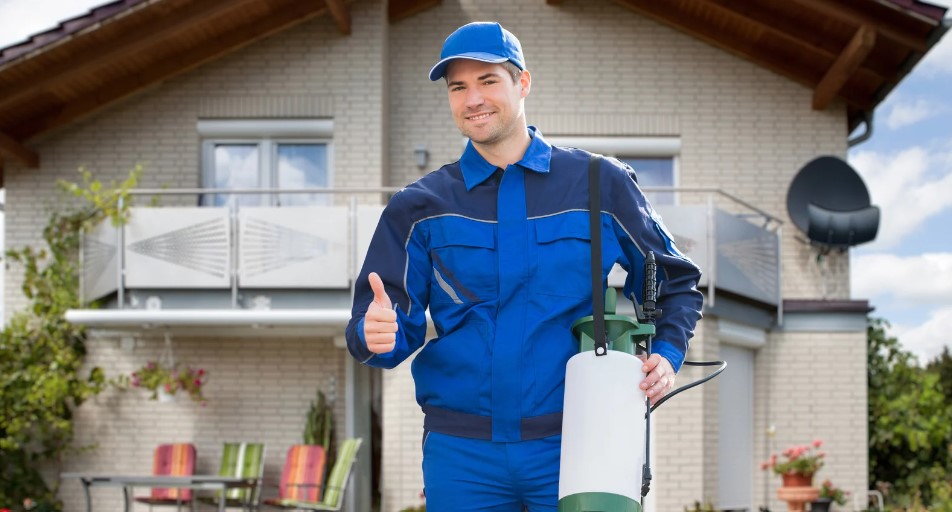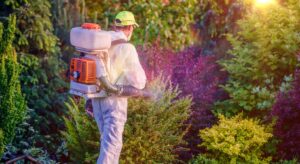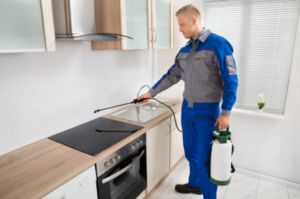Pest control is important to maintain an everyday healthy and comfortable living environment. Whether dealing with ants, rodents, termites, or other pesky insects, strategically timing your pest control activities can significantly enhance their effectiveness. In this blog post, we will explore the best time for pest control, considering different factors that contribute to successful eradication efforts.
What is the Best Time for Pest Control Activity?
Pests are an inevitable part of our surroundings; at times, controlling their population becomes necessary. Some specific times need pest control. So, let’s look at the best time for pest control by season and weather difference.
Seasonal Pest Control
The time of year is vital in determining the most appropriate moment for pest control activity. Understanding the specific pests’ behaviours during different seasons helps optimize treatment outcomes.
- Spring: As temperatures rise, many pests become active, making spring an ideal time to initiate pest control measures. This period is particularly effective for tackling common invaders like ants, bees, wasps, and mosquitoes before they have a chance to establish large colonies.
- Summer: Summers surge in pest populations due to favourable breeding conditions. Treating during early summer can help curb infestations, especially for pests like ticks, fleas, bed bugs, and flies.
- Fall: Autumn is a transitional season when pests seek shelter and warmth indoors. Conducting pest control during this time is crucial to prevent critters like mice, rats, and spiders from infiltrating your home.
- Winter: Although many pests become less active during winter, some may still pose a threat, seeking refuge inside your cosy abode. Targeted pest control during this period can effectively tackle indoor insects such as cockroaches and silverfish.
Time Considerations
Apart from seasonal variations, the time of day can also impact the success of your pest control activities. Here are a few noteworthy points,
- Morning: Early mornings are generally considered an optimal time for pest control. Many pests are more sluggish or stationary now, making targeting and eliminating them easier.
- Evening: As the sun sets, several pests become more active. Conducting treatments during the evening can help address nocturnal invaders like rodents and mosquitoes effectively.

Weather Considerations
Paying attention to weather conditions is crucial when planning pest control activities. Extreme temperatures, rainfall, or wind can affect the efficacy of treatments. Here are some key factors to consider,
- Temperature: Certain pests, like ants and termites, are more active in warmer weather. However, treatments may be less effective during scorching heat as pests retreat deeper into their habitats.
- Rainfall: Heavy rains can wash away liquid-based treatments, reducing their effectiveness. Therefore, it’s best to avoid pest control activities during periods of significant precipitation.
- Wind: Windy conditions can lead to the dispersion of sprays, reducing their impact. Choosing calm days for outdoor applications is advisable to ensure targeted treatment.
Conclusion
Choosing the best time for pest control activities involves several factors, including seasonality, weather conditions, and a deep understanding of pest behaviour. By taking a proactive approach and checking with the pest control services, you can control the pests roaming around your place.







